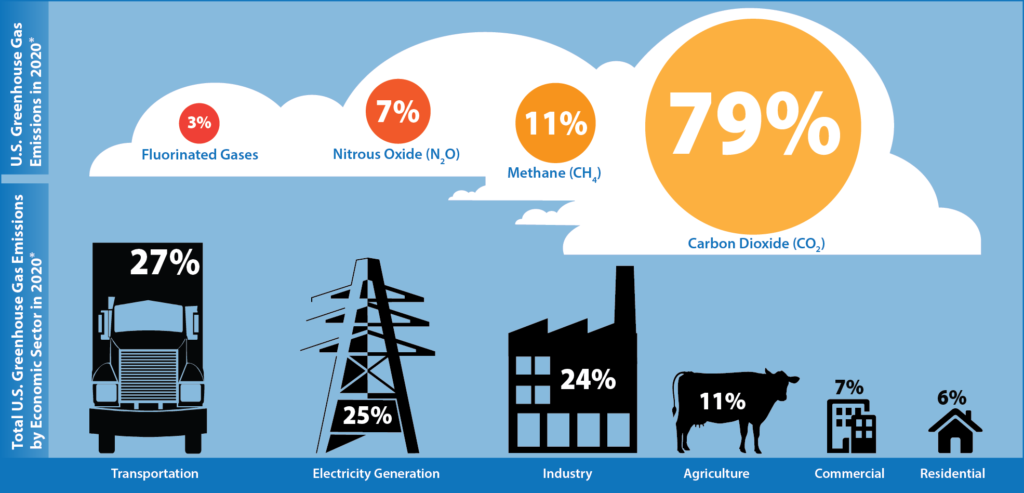
With the all the misinformation out there, I think it’s important to break down some of the most common misperceptions and take a look at the facts. Here are three popular messages related to the meatless movement:
Message: A plant-based diet will improve your health.
Fact: Both plants and animals provide essential nutrients that your body needs to function and survive. What you eat can directly impact your health, so it is important to be mindful of all food choices regardless of the source. Animal proteins like beef, pork or poultry contain all nine essential amino acids which are needed by the body for muscle recovery and repair. Proteins are used to make enzymes and hormones, which are needed for the body to function. Nutrients such as iron, which is important for growth and development in children and a component of hemoglobin, can be found in both plants and animal products. However, iron from meat is more easily absorbed compared to plant sources of iron. Ideally, half of your plate should be fruits and vegetables and the other half should include some whole grains, lean protein and low-fat dairy products. Ideally, it’s important to discuss personal nutrition with your physician and a registered dietitian who can help create a plan that works for your medical needs.
Message: Plant-based substitutes are always healthier than animal products.
Fact: Plant-based protein options like soy can provide all nine essential amino acids, but that doesn’t mean that all plant-based proteins or products are created equal. Protein sources from plant-based substitutes can include soy, pea protein and mung beans. Several of the products on the market today can contain a high amount of saturated fats and added sodium. Animal sources of protein like lean ground beef contain no added sodium or preservatives. It’s important to read the nutrition facts label on these products and make the best decision based on your personal health goals and nutrients that you might need to limit.
Message: A plant-based diet is better for the environment.
Fact: Although agriculture does contribute to greenhouse gas emissions, only 11% come from agriculture and of that only 4% is from livestock. It’s an interesting comparison especially when considering other contributors. Transportation contributes 27%, 25% comes from electricity generation and 24% comes from industry. Even though agriculture does contribute to greenhouse gas emissions, it’s important to remember that both animals and plants play a role.
As a dietitian and chef, I understand that food choices are based on a number of factors including taste, price, convenience and health. It’s also wise to consider personal health goals and food preferences so that food is not wasted. And finally, it’s important to base food choices on facts and not fear.

Source: EPA
